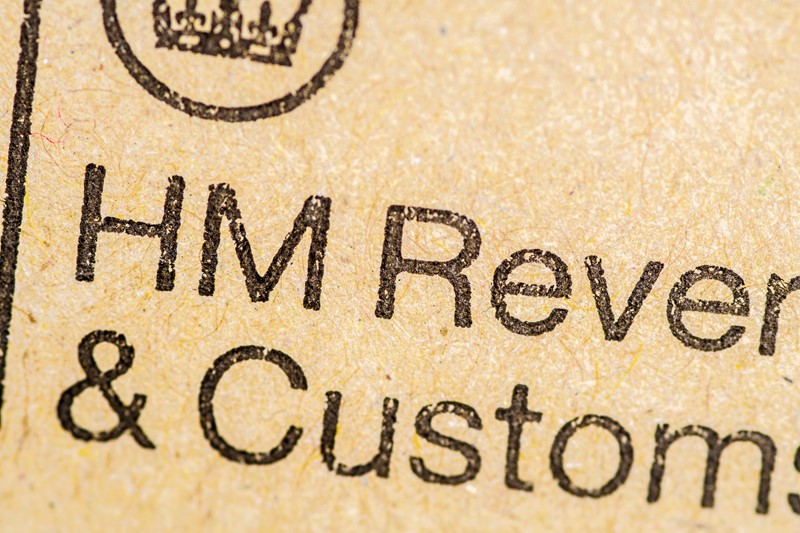If you have staff that have been called up to serve on a jury, then you must allow them the necessary time off. You can ask them to request to delay their jury service if their absence would seriously harm your business. Your employee would need to agree to this request and would need to provide written evidence explaining why a delay has been requested. The request to delay jury service can only be made once in a 12-month period, and the employee must say on the jury summons when they will be available.
Whilst employers must provide time off to allow for jury service, there is no legal requirement to pay employees whilst they are serving.
However, the employee can continue to be paid as normal. If this is the case, the employer cannot reclaim money paid to the employee or that the business has lost during the jury service.
If an employer does not pay their employee, then they can claim a loss of earnings allowance from the court. The employer will need to prepare a certificate of loss of earnings for their employee. This form comes together with the jury service letter.
Employers can also decide to top up the ‘loss of earnings allowance’ by subtracting the court allowance from their employee’s usual take-home pay.












